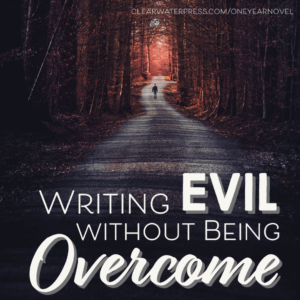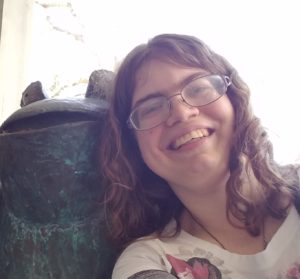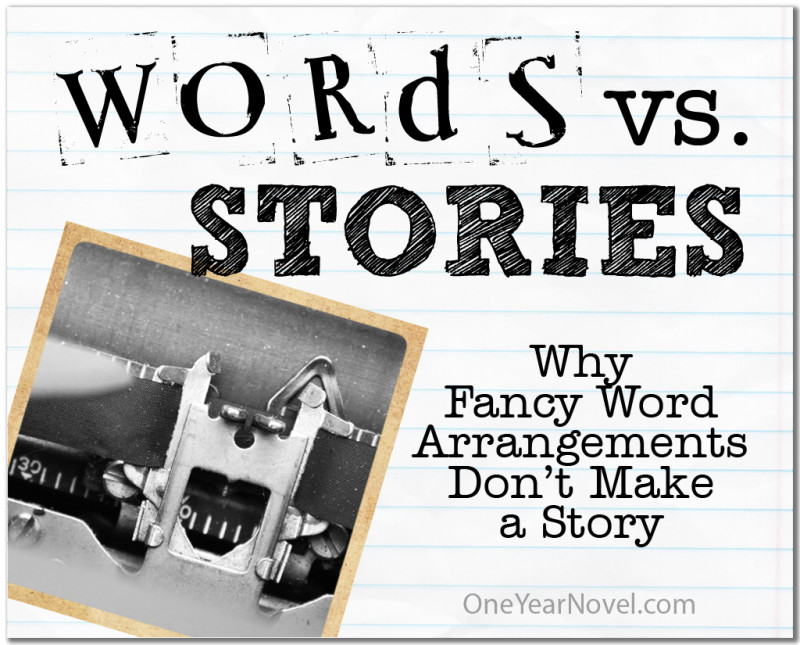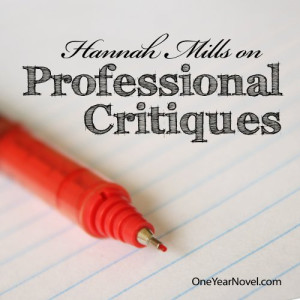Writing Evil without Being Overcome
We have to be “mean” to our characters; their suffering and sacrifice prove the value of the Story Goal. But how do we avoid taking “mean” too far, and writing a story that overflows with violence and sorrow?
I suggest empathy.
“It is easy to opt for death until it has a name and a face—and a soul,” wrote Fr. Gordon MacRae on the blog Beyond These Stone Walls. This applies to more than just murder, though. Do the victims in your story have names, faces, and souls to you—even the villains? Or are they just bloodied notches in your characters’ belts? Sometimes we shrug off this concern because it’s just a story, anyway. These aren’t real people, so it doesn’t matter, right?
Wrong. They are real people—wearing fictional costumes. If my story is about a slaver—slavers are real. People have, are, and will enslave others throughout history. Even if Slaver Sam of Storyland is a fictional alibi, he is still the fictional alibi of real people. Real people who have their own dreams and fears and families and lives… and slaves. It might be more comfortable to write caricatures—a Slaver Sam who is also miserly and gross and stupid, but we won’t learn from them. We’ll only learn from mirrors.
So instead of Slaver Sam, consider John Newton, the author of the beloved hymn Amazing Grace. While serving aboard a slave ship battered by a terrible storm, the licentious and crude Newton recalled his mother’s teachings about Christianity. But actually living up to them was a long, slow, painful process. Only 34 years after that “hour I first believed” did he write the fiery pamphlet Thoughts Upon the African Slave Trade. A classic case of “too little, too late,” Newton himself spoke of his profound regrets at having taken so long to reach the stance espoused in the pamphlet. But Thoughts became wildly popular in England. Every member of Parliament had a copy. Abolitionists were inspired. In 1807, slavery was abolished in Great Britain. Shortly afterward, Newton died, but his accomplishments both as a hymnwriter and a late-blooming abolitionist live on. We can both scowl at his evil deeds… and admire his good works.
So if I’m writing about the murder of an evil slaver, what if instead of some nameless demon of a man… it was John Newton?
John Newton the night before he repents in Thoughts?
The night before he retires from slave trading?
The night before his conversion?
Suddenly it’s not just an evil slaver being murdered—but an evil slaver who would become such a powerful voice for freedom and grace. This murder is revealed not only to fail in doing good, but even to prevent that good from ever happening!
Sometimes it is too hard to have empathy. We need to work out knots in our hearts before we can write with empathy. Prayer, therapy, and/or venting out our issues on paper or to a trusted person are just a few ways we might do that. Don’t hold back—name all the feelings, voice all the thoughts. Listen and surrender to those voices of healing and love that speak back to you, as many times as you need to do so! Just like for Newton, this is a process.
It all comes down to intention. Is it about me or about my story? All my writing should be aimed towards telling the best story I can; every piece of the story should be about making it more perfectly itself. Not about venting my feelings. Not about getting a rush of imaginary power. Not about vicariously trampling on the people who’ve hurt me. So ask yourself—which perspective works better for your story? Do you need to be actively mean to your hero, or to aim only for what is required and no more? Whichever better suits your story is the one to use. If needed, practice each in some writing, and see which better captures your tale.
It’s also important to be aware of which perspective is better for you. You, as a person, are more valuable and important than any idea. If your perspective on the story is bad for you—if it makes you feel down or bad, or act in ways you don’t want to act, or think things you don’t want to think, then by all means set that story aside! You won’t even be able to write it well if you’re destroying yourself for it, just like a starved and sleep-deprived student won’t ace their exam. It comes from you, so you need to be in good shape before your work can be.
So we need just enough evil to suit the story, no more, no less. But what is enough? Look at your Story Goal, characters, and stakes. An adult’s Man Who Learned Better story about criminal justice probably needs more evil than a middle-grade Heroic Quest. Too little, and the Story Goal becomes meaningless: it doesn’t move the character or the reader. Too much, and the evil becomes gratuitous: whatever it is meant to teach is lost in the pain. Which extreme do you lean toward? You’re aiming for that perfect balance that creates meaning, like the ache of hunger while waiting for a delicious meal—it’ll be so worth it in just a little! How well do you strike that balance? How does evil come off when you read it, and how does it feel when you write it? If it’s boring, it might be meaningless. If it’s empowering, relieving, or even painful, you might be too gratuitous. Critiques can help check this, too.
Be grounded, not obsessed. Evil is just one little part of your story, like the ally or the Symbol of Dread. Keep your mindset balanced accordingly. Philippians 4:8 has good advice here. And remember—you have a life beyond even that multifaceted world of the story! Do things that lift your spirits, cheer your mind, and get you out of the villain’s dungeons. Finally, focus on the good that comes out of the evil, not on the evil itself. There should be a purpose and redemption at the end of all the suffering in your story (even if it’s just the reader learning from the characters’ tragedy). Set your mind on that. You are the ‘God’ of your story, and you should image the loving God we find in Genesis 50:20, who takes the evil of Joseph’s jealous brothers and turns it to salvation for the starving Middle East. You should be able to bring even the evil of your story to good. That, not the suffering, ought to be your goal.
…
About Anastasia
Anastasia “Cnemi” (nee-mee) McTague has been an active part of the OYAN community since 2013, and is impatiently awaiting her replacement computer so she can get back to her WIPs. She can currently be found on the student-led OYAN Discord and on OYAN+ (so get on there, 18-year-olds!).
When not writing, she can probably be found either at her dry-cleaning job, haunting a local church, hanging out with friends, or curled up with a book.




